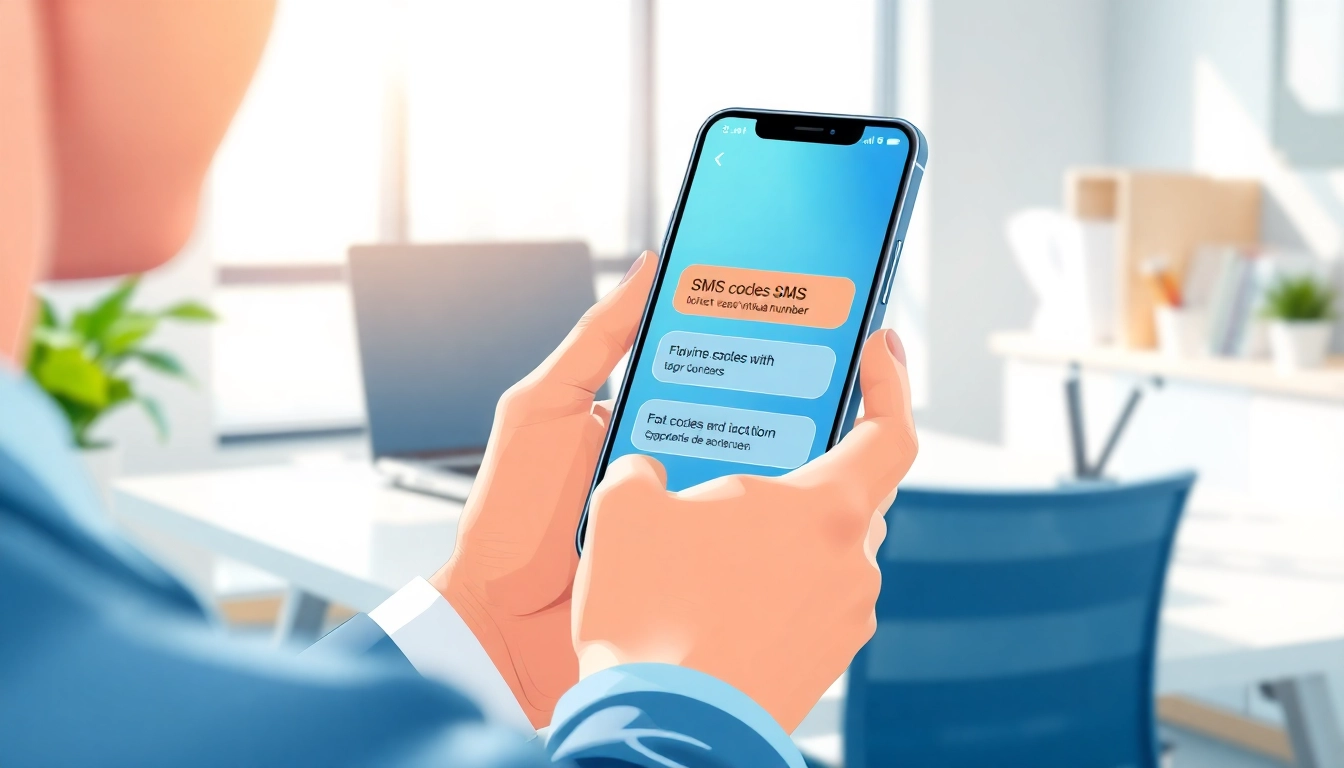Understanding the Role of a Relationship Coach
In a world increasingly focused on personal development and emotional well-being, the role of a relationship coach has become more pronounced. These professionals are trained to help individuals and couples navigate the complexities of their relationships, providing tools and strategies that promote healthier interactions and deeper connections. But what exactly does a relationship coach do, and how can they facilitate meaningful change in your personal relationships?
What Does a Relationship Coach Do?
A relationship coach serves as a supportive guide, helping individuals or couples develop a better understanding of their emotions, communication styles, and behavioral patterns. Unlike therapists, who may focus on unresolved issues from the past, relationship coaches typically concentrate on setting and achieving future goals regarding relationships. This forward-looking approach helps clients clarify their needs, identify obstacles, and foster more fulfilling connections.
Common Issues Addressed by Relationship Coaches
Relationship coaches assist clients in addressing a wide range of issues that can hinder healthy relational dynamics:
- Communication Problems: Difficulties in expressing needs or understanding a partner’s perspective.
- Conflict Resolution: Strategies for managing and resolving disputes effectively.
- Trust Issues: Help in rebuilding trust after breaches or fostering trust in new relationships.
- Identifying Relationship Patterns: Understanding recurring behaviors that sabotage relationships.
- Establishing Boundaries: Learning to set healthy limits that respect personal needs and desires.
Benefits of Working with a Relationship Coach
Engaging with a relationship coach offers numerous benefits, including:
- Enhanced Self-Awareness: Clients gain insight into their values, desires, and triggers.
- Improved Communication Skills: Coaches provide tools to express feelings and thoughts more clearly and effectively.
- Stronger Relationship Skills: Through coaching exercises, clients learn how to nurture relationships, ensuring they are more fulfilling.
- Increased Confidence: Individuals develop self-confidence as they confront challenges and work towards personal goals.
- A Customized Approach: Coaching sessions are tailored to meet specific client needs, ensuring relevance and effectiveness.
Identifying the Right Relationship Coach for You
With many options available, selecting the right relationship coach can be a daunting process. Here are key considerations to ensure you make an informed choice:
Key Qualities to Look For in a Relationship Coach
When searching for a relationship coach, consider these essential qualities:
- Credentials: Ensure they have relevant training and certifications in coaching, psychology, or related fields.
- Experience: Look for a coach with substantial experience working with clients facing similar challenges as you.
- Empathy and Rapport: A successful coaching relationship hinges on mutual trust and understanding.
- Proven Success: Look for testimonials and case studies that showcase the coach’s effectiveness.
- Tailored Methodologies: The coach should be adaptable, creating strategies based on individual client needs.
How to Assess Compatibility with Your Relationship Coach
Compatibility is crucial in ensuring effective coaching. To evaluate compatibility:
- Initial Consultations: Many coaches offer a free initial consultation; use this opportunity to gauge rapport.
- Discuss Coaching Style: Inquire about the coach’s approach and whether it aligns with your preferences.
- Ask About Techniques: Learning about specific methods they use can reveal their fit for your needs.
- Communication Style: Ensure their communication style resonates with you—consider whether you prefer direct or more nuanced approaches.
Questions to Ask During Your First Consultation
During your initial meeting, consider asking the following questions:
- What is your coaching philosophy and approach?
- Can you share examples of successful outcomes with previous clients?
- How do you measure progress in coaching?
- What can I expect from our coaching sessions?
- Are you comfortable working with specific relationship concerns, such as infidelity or long-distance issues?
Effective Techniques Used by Relationship Coaches
Relationship coaches employ an array of techniques designed to foster communication, resolve conflicts, and build lasting relationships. Here are some effective strategies commonly utilized:
Communication Strategies to Enhance Relationships
Effective communication is imperative in any relationship. Coaches often teach clients:
- Active Listening: Practicing attentive listening that helps clarify understanding and fosters empathy.
- “I” Statements: Using phrases that express personal feelings rather than assigning blame (e.g., “I feel hurt when…”).
- Nonverbal Communication: Recognizing body language, facial expressions, and tone of voice as vital components of communication.
Conflict Resolution Skills Developed in Coaching
Conflict is a natural part of any relationship, but managing it constructively is essential:
- Identifying Triggers: Understanding what provokes conflict to manage reactions effectively.
- Problem-Solving Techniques: Engaging in collaborative solutions that address the needs of both parties.
- Time-Out Strategies: Recognizing when to take a break during heated discussions to prevent escalation.
Long-term Relationship Building Exercises
Beyond immediate issues, relationship coaches encourage long-term growth through various exercises:
- Goal-Setting Sessions: Establishing shared goals that promote teamwork and partnership.
- Gratitude Lists: Encouraging partners to express appreciation regularly helps build a positive environment.
- Quality Time Activities: Engaging in activities that enhance bonding and create shared experiences.
Measuring Success with a Relationship Coach
Measuring the effectiveness of the coaching process is essential to ensuring continuous improvement. Here’s how to track success:
Setting Achievable Goals in Relationship Coaching
Goals in relationship coaching should be:
- S.M.A.R.T: Goals should be Specific, Measurable, Achievable, Relevant, and Time-bound.
- Realistic: Ensure the goals are realistic, considering the current dynamics of the relationship.
- Jointly Established: Engage both partners in defining goals to foster commitment from all involved.
Tracking Progress and Milestones Over Time
To ensure accountability and recognize growth, track milestones such as:
- Improved communication metrics (e.g., frequency of positive exchanges).
- Resolution of past conflicts as documented by clients.
- Increased emotional intimacy, evidenced by shared feelings and experiences.
Evaluating the Impact of Coaching on Your Relationships
Regular evaluations can provide insights into the coaching experience, allowing clients to assess changes in:
- Relationship satisfaction ratings, tracked over time.
- Behavioral changes noted by both partners.
- Long-term relational patterns that emerge post-coaching.
Finding Resources for Relationship Coaching
Clients seeking to explore relationship coaching options can benefit from various resources:
Online vs. In-Person Relationship Coaching
Deciding between online and in-person coaching may depend on personal preferences and logistical considerations:
- Online Coaching: Offers flexibility and access to coaches regardless of location.
- In-Person Coaching: Provides a personal connection that some clients may prefer, often facilitating deeper discussion.
Recommended Books and Materials from Relationship Coaches
Books and resources recommended by coaches can supplement the coaching experience. Popular titles include:
- “The Seven Principles for Making Marriage Work” by John Gottman: A foundational book based on extensive research in relationship dynamics.
- “Hold Me Tight” by Dr. Sue Johnson: Focusing on Emotionally Focused Therapy, it emphasizes the importance of emotional connection.
- “The Five Love Languages” by Gary Chapman: Explores how understanding each other’s love language can enhance connection.
Community Support: Finding Groups and Workshops
Joining support groups or workshops can provide additional encouragement and resources:
- Seek Local Events: Many communities offer workshops that focus on relationship skills.
- Online Forums: Engaging with group discussions online can create a sense of community and support.
- Peer Support Groups: These can facilitate shared learning experiences, allowing individuals to share challenges and solutions.



